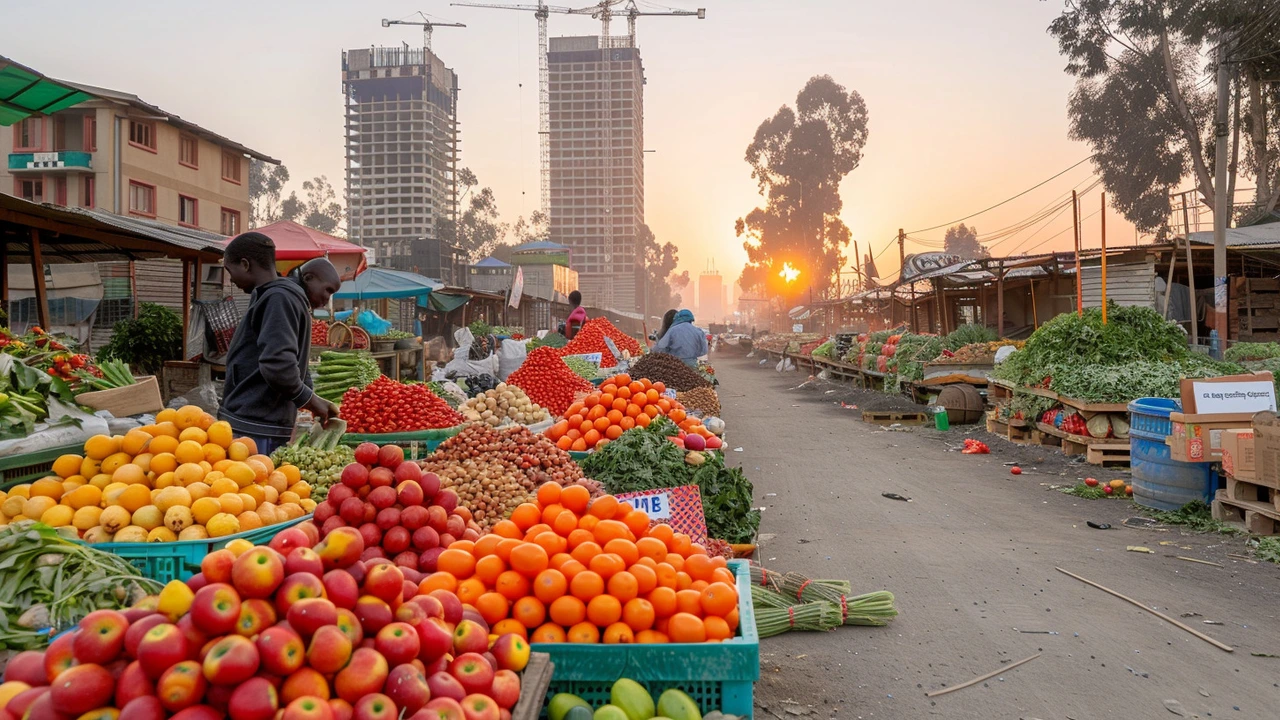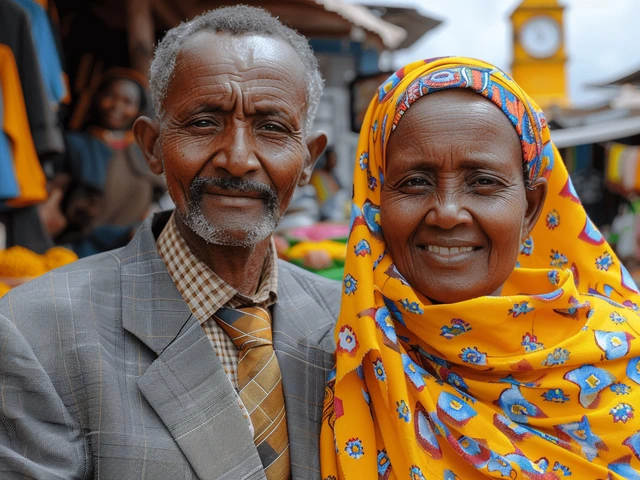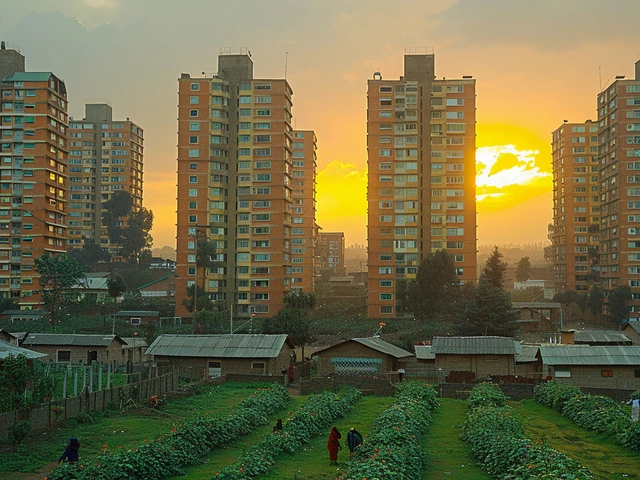Ethiopia Safety: Jobs, Salaries & Living Conditions
Thinking about work or daily life in Ethiopia brings up plenty of questions about safety, salaries, living costs, and the general vibe in cities like Addis Ababa. Ethiopia is fast-changing, with its economy, job options, and even housing market shifting every year. If you want to know what it's really like on the ground—from how much people earn to where the safest neighborhoods are—here’s what you need to know.
If money is on your mind, average salaries in Ethiopia depend heavily on your job and location. Professionals in technology, healthcare, and business services tend to make higher wages, while roles in agriculture or education offer less. Addis Ababa, as the capital, usually has higher wages and living costs compared to smaller cities or rural areas. New teachers earn less than 5,000 ETB per month, while skilled professionals can get considerably more, especially in international organizations.
Now, where you live matters—not just for comfort but for budgeting. Rental prices in Addis Ababa are way higher than in regional towns. Central neighborhoods might look shiny and safe but expect higher housing costs. If you’re after more affordable rent, living a bit further out and commuting with public transport can be a smart move. Amenities vary, so always check the electricity and water supply before signing anything.
What about safety? Ethiopian cities have their rough spots like any major urban center, but most expats and locals report feeling safe during the day. Petty theft and pickpocketing happen, especially in crowded markets or bus stations. Stick to well-lit areas at night, avoid carrying a lot of cash, and use registered taxis. Serious crimes are rare, but it’s wise to stay alert and ask locals about updates—especially if you’re new in town.
On the money front, handling cash is straightforward, but be aware of currency laws. The government limits how much money you can bring into Ethiopia—above a certain threshold, you’ll need to declare it. ATMs are common in cities, but cash is still king in many shops and markets. Online payments and services like PayPal aren’t always available, so plan accordingly.
Jobs are opening up in sectors like technology, construction, and agriculture. The government encourages both local and foreign investment, which means more opportunities if you’ve got specialized skills or want to start a business. Learning Amharic, or at least the basics, goes a long way in improving safety, networking, and landing a decent job.
If you’re hoping to earn money online, digital work is growing: freelancing, teaching, or e-commerce are all possible, though internet coverage outside major cities can be unreliable. Make sure to use secure online platforms and check the latest local rules for foreign digital payments.
Living in Ethiopia isn’t exactly like in Western Europe or the US, but if you plan ahead, keep your street smarts, and stay informed about market trends, you’ll find plenty of ways to make a living and stay safe.






